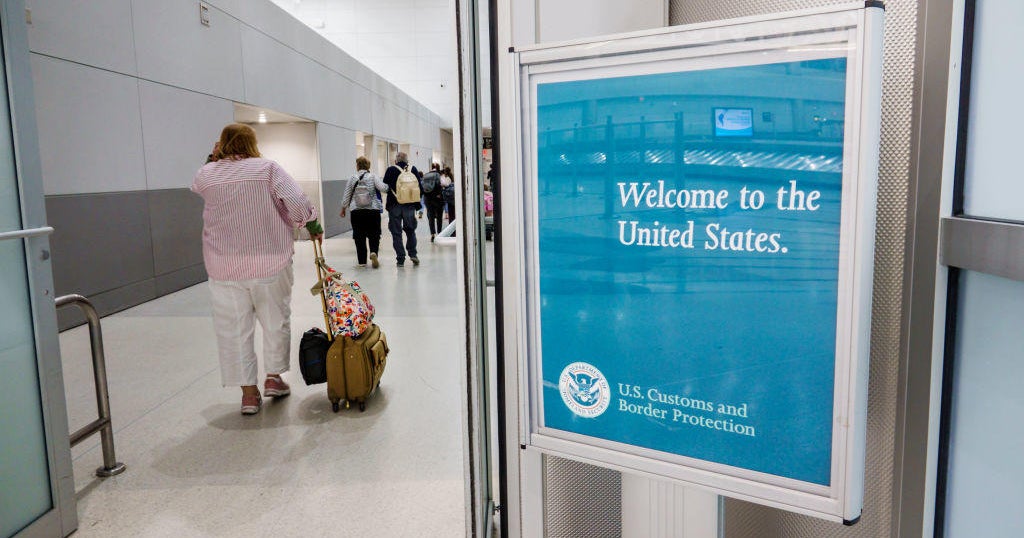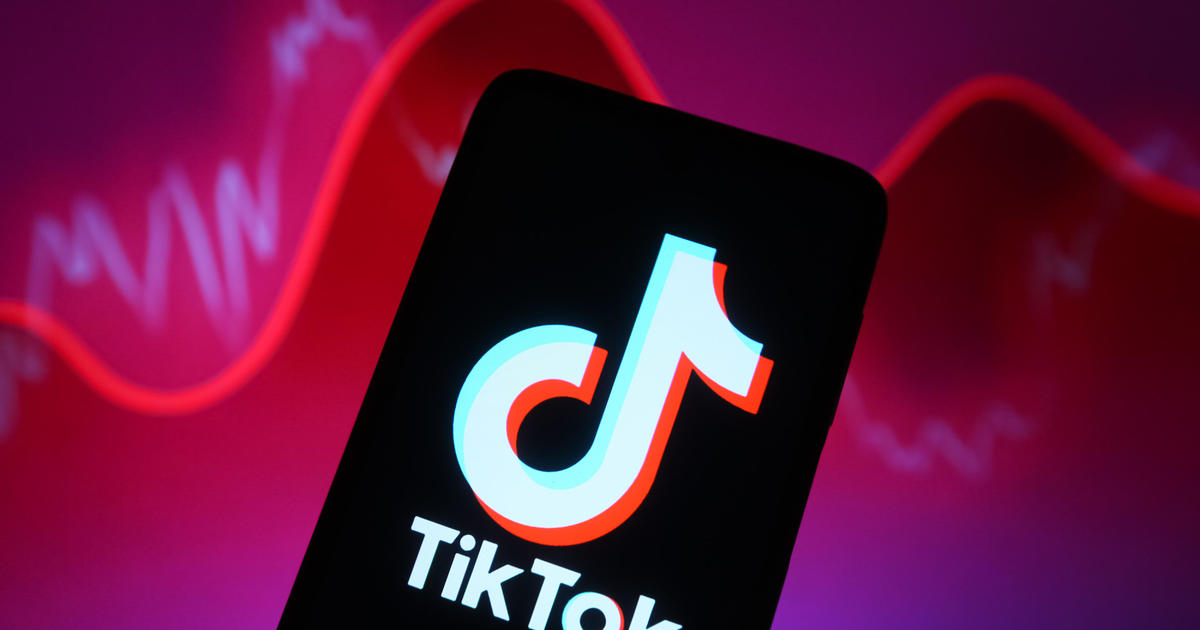U.S. unveils new charges against Chinese telecom giant Huawei
Washington — The Department of Justice unveiled new charges against Chinese telecommunications giant Huawei on Thursday, accusing the company of orchestrating a successful "decades-long" scheme to steal trade secrets from U.S. technology companies.
Federal prosecutors filed the 16-count superseding indictment in federal court in Brooklyn on Wednesday, charging Huawei, its U.S. subsidiaries and chief financial officer Meng Wanzhou. The three new counts include conspiracy to steal trade secrets, conspiracy to commit wire fraud and racketeering conspiracy, under the Racketeer Influenced and Corrupt Organizations Act, or RICO.
In 2019, federal grand juries in New York and Washington State handed down a pair of indictments against the company and Meng on 23 total counts of wire fraud, money laundering and theft of trade secrets.
The Justice Department on Thursday said Huawei allegedly stole the intellectual property of U.S. companies to drastically reduce research costs, giving the Huawei "a significant and unfair competitive advantage."
"The misappropriated intellectual property included trade secret information and copyrighted works, such as source code and user manuals for internet routers, antenna technology and robot testing technology," the department said in a release. "As part of the scheme, Huawei allegedly launched a policy instituting a bonus program to reward employees who obtained confidential information from competitors. The policy made clear that employees who provided valuable information were to be financially rewarded."
The superseding indictment also alleges the company violated sanctions against countries like North Korea and Iran by using local intermediaries to deliver equipment.
In Iran, prosecutors describe how Huawei used a subsidiary called Skycom to skirt U.S. sanctions to "obtain otherwise prohibited U.S.-origin goods, technology and services, including banking services, for HUAWEI's Iran-based business while concealing the link to HUAWEI." By using unofficial channels like Skycom, the U.S. says Huawei was able to "claim ignorance" of the illegal activity.
Skycom was also used to help the Iranian government install monitoring and surveillance equipment in Tehran during mass anti-government demonstrations in 2009, leading to protestors being detained, the indictment says.
In a statement reacting to the indictment, Huawei said the Justice Department was trying to "irrevocably damage Huawei's reputation and its business for reasons related to competition rather than law enforcement."
"The 'racketeering enterprise' that the government charged today is nothing more than a contrived repackaging of a handful of civil allegations that are almost 20 years old and that have never been the basis of any significant monetary judgment against Huawei," the company said. "The government will not prevail on these charges which we will prove to be both unfounded and unfair."
The new charges come two days after The Wall Street Journal reported that U.S. officials have determined that Huawei has been able to secretly access mobile-phone networks through the use of "backdoors" typically reserved for use by law enforcement for more than a decade. Huawei denied the report, saying in a statement to CBS News that the company "has never and will never covertly access telecom networks, nor do we have the capability to do so."
The U.S. has banned the use of Huawei equipment in its networks and has encouraged allies to do the same. Despite the warnings, the U.K. announced last month that the company would provide some equipment for building out its 5G data network, and Germany is set to make a decision this week about whether to allow Huawei equipment in its systems.
On Tuesday, White House national security adviser Robert O'Brien said the use of Huawei equipment in telecommunications networks around the world poses a security risk to the U.S. and its allies, particularly if China offers to build out 5G networks for free in poorer countries that couldn't afford to install them otherwise.
"Nothing's free, and the price will be that the Chinese will have access to all the data that moves through that network," O'Brien told "Face the Nation" moderator Margaret Brennan during a conversation at the Atlantic Council in Washington. "What we'll have to do when we're interacting with those networks is do everything we can to make sure that American — especially American secret information — is protected."
In an interview with CBS News in February 2019, shortly after the company and CFO were originally charged, Huawei founder and CEO Ren Zhengfei denied the improper use of backdoors and said the company would not comply with demands from the Chinese government.
"For the past 30 years, we have never done that, and the next 30 years to come, we will never do that," Zhengfei said. "It is not possible. Because across our entire organization, we've stressed once and again that we will never do that. If we did have that, with America's advanced technology, they would have found that already. So, that proves we do not have it."
Robert Legare contributed reporting.



